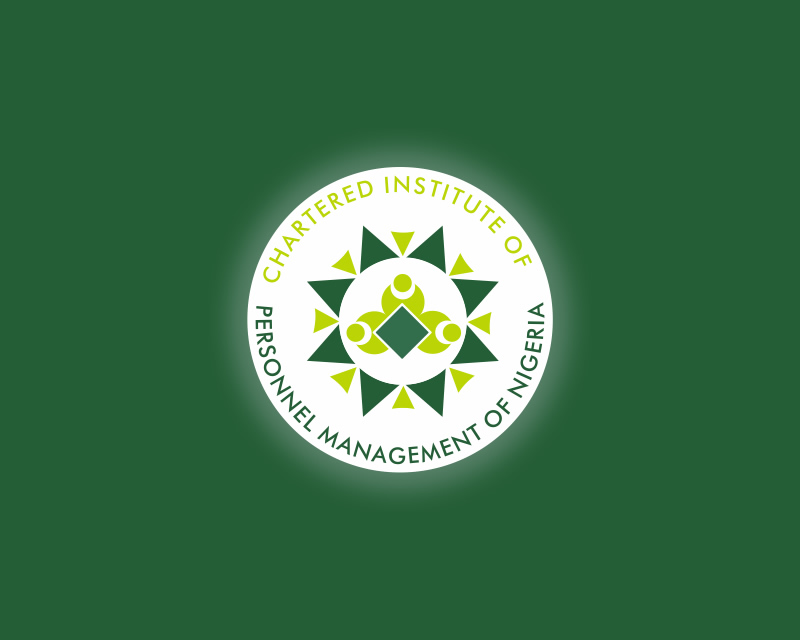
The Chartered Institute of Personnel Management of Nigeria (CIPM) has identified succession planning, mental health awareness, and workplace inclusion as top human resource priorities that Nigerian organisations must urgently address in 2025.
In its recently released 2025 HR Practice Needs Report, the institute warns that inadequate attention to leadership development could result in serious organisational instability, while the neglect of employee well-being and inclusive practices could diminish productivity and workplace cohesion.
Drawing from the responses of 1,704 HR professionals across multiple sectors, the report ranks succession planning among the top three critical challenges confronting organisations. It urges employers to adopt structured leadership development strategies that incorporate mentorship, coaching, and targeted training aligned with long-term organisational goals.
Dr. Olumuyiwa Oludayo, a research fellow and contributor to the report, stressed the need for businesses to proactively identify and groom high-potential talent. “Nigerian organisations must integrate succession planning into their performance management systems. Developing a robust leadership pipeline is no longer optional—it is essential for sustainability,” he said.
The report also highlights an evolving HR landscape shaped by growing mental health concerns, the rise of remote work, and increasing demands for inclusive work environments. It notes that stress, burnout, and anxiety are becoming more prevalent, prompting organisations to roll out wellness initiatives, flexible work schedules, and mental health support services.
“Employee well-being has become a strategic HR imperative,” the report states, emphasising that forward-thinking organisations are embedding mental health frameworks into their workplace culture.
Additionally, the CIPM report acknowledges the accelerating shift towards hybrid and remote work arrangements, calling on HR departments to embrace digital tools, upskill managers for virtual team leadership, and redesign policies to support remote productivity.
On the issue of diversity, equity, inclusion, and belonging (DEI&B), the report finds that many organisations still regard inclusion as a secondary concern. Professor Funke Amobi, another contributor, cautioned that failing to embed DEI&B into core strategy limits innovation and impedes employee engagement.
“Building inclusive environments must move beyond slogans,” she said. “It requires deliberate policies, leadership accountability, and cultural transformation.”
The CIPM report signals that human resource management in Nigeria is entering a transformative phase, where social realities and strategic business needs are converging. The institute urges organisations to reimagine HR as a driver of both resilience and competitive advantage in 2025 and beyond.












